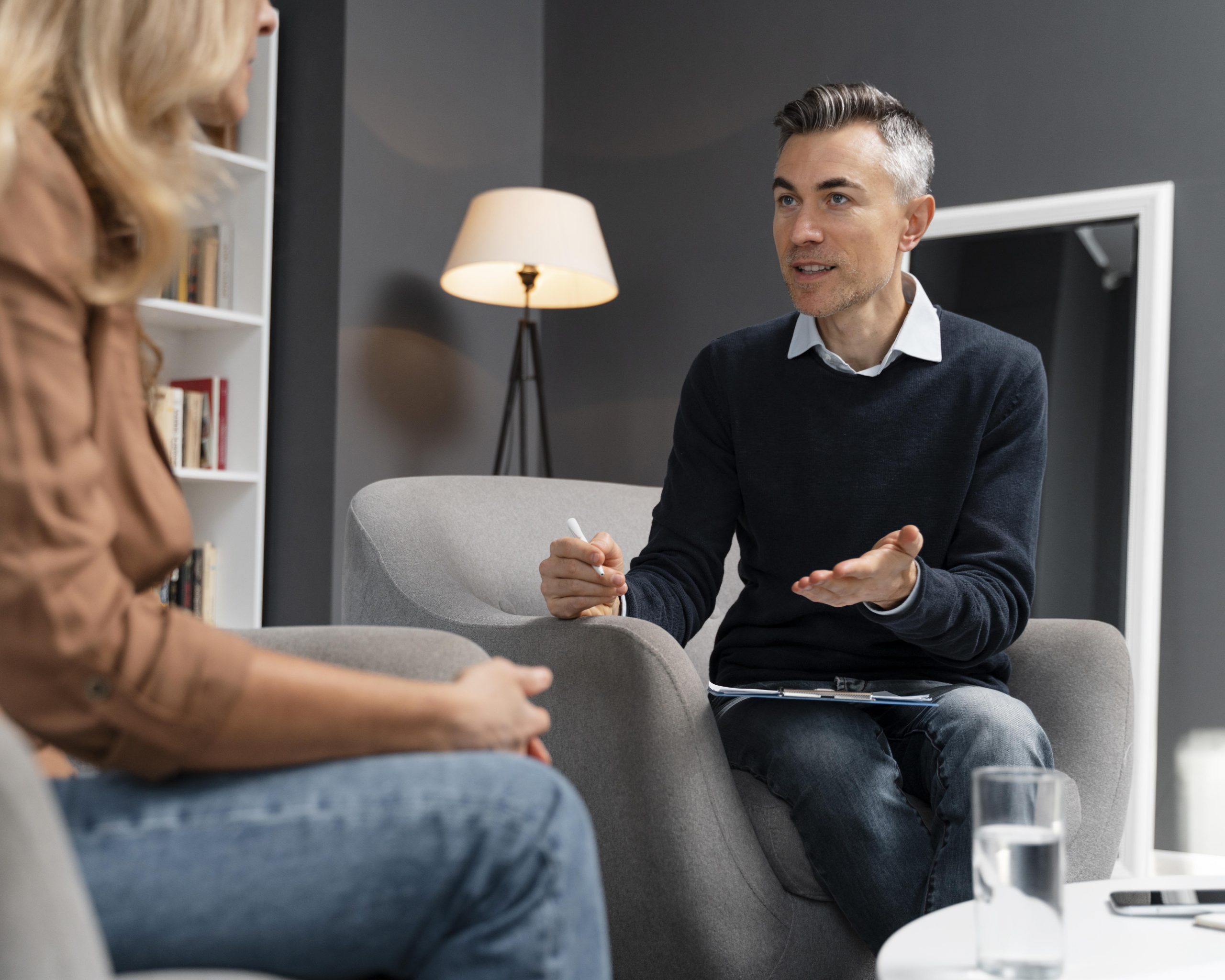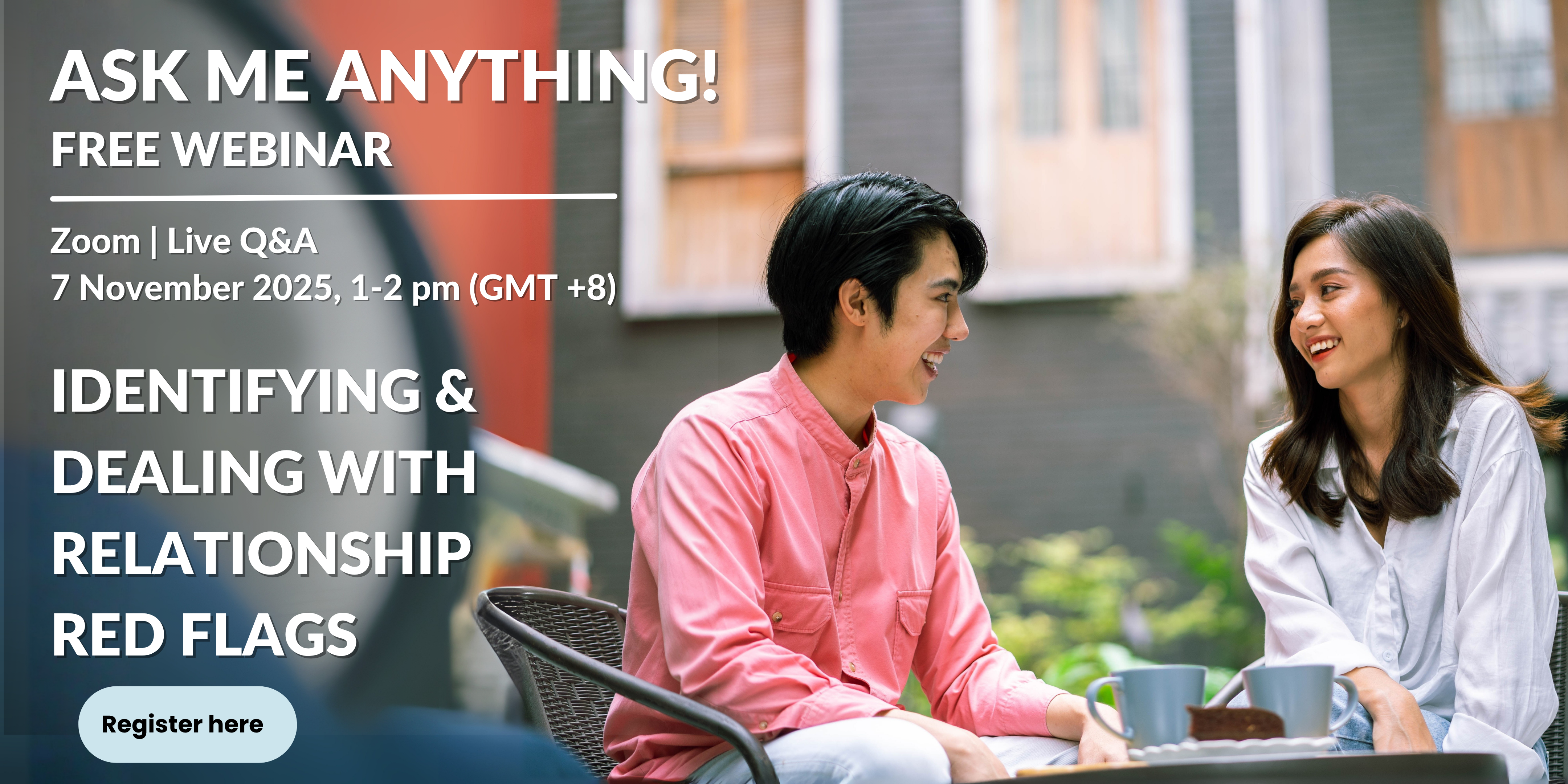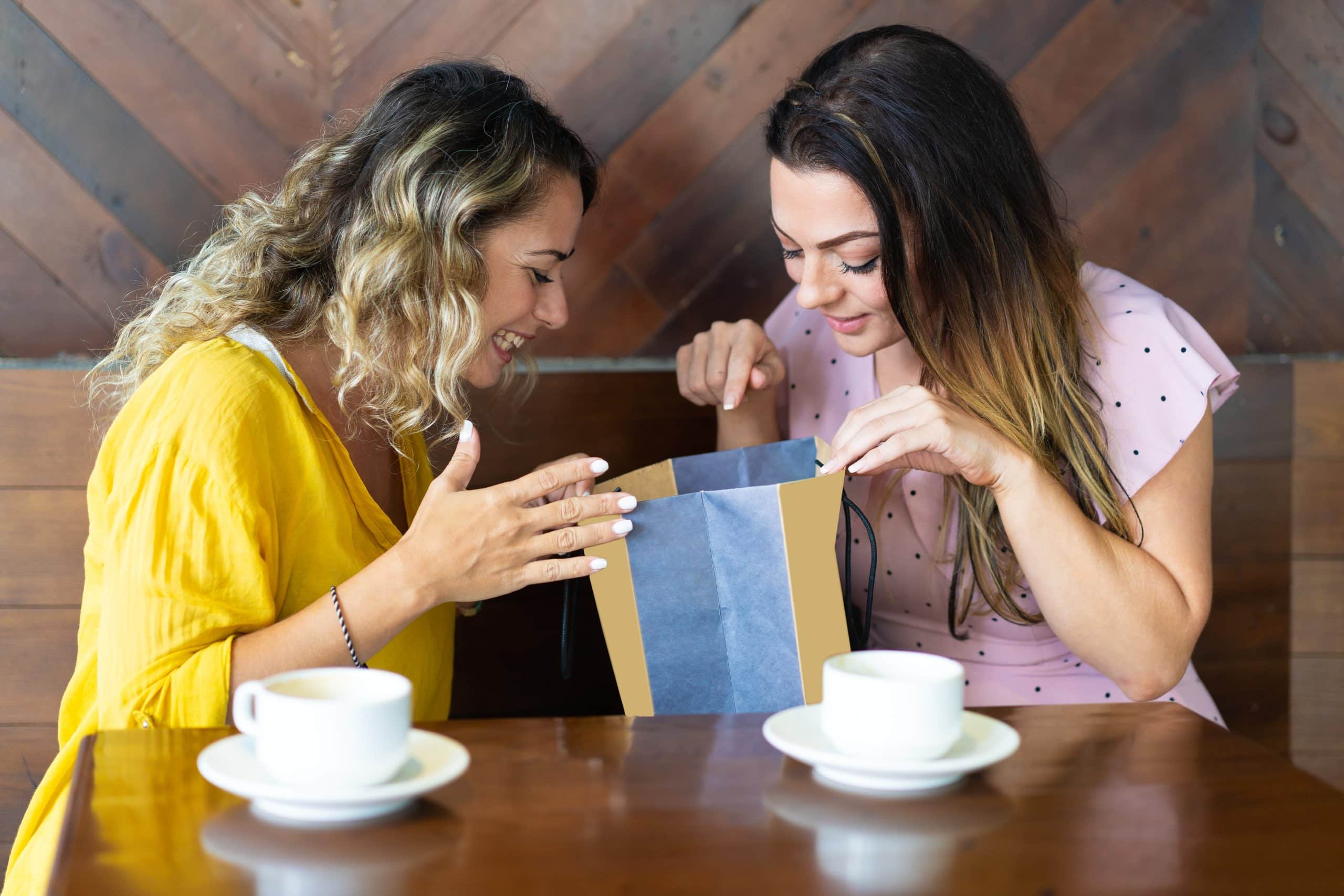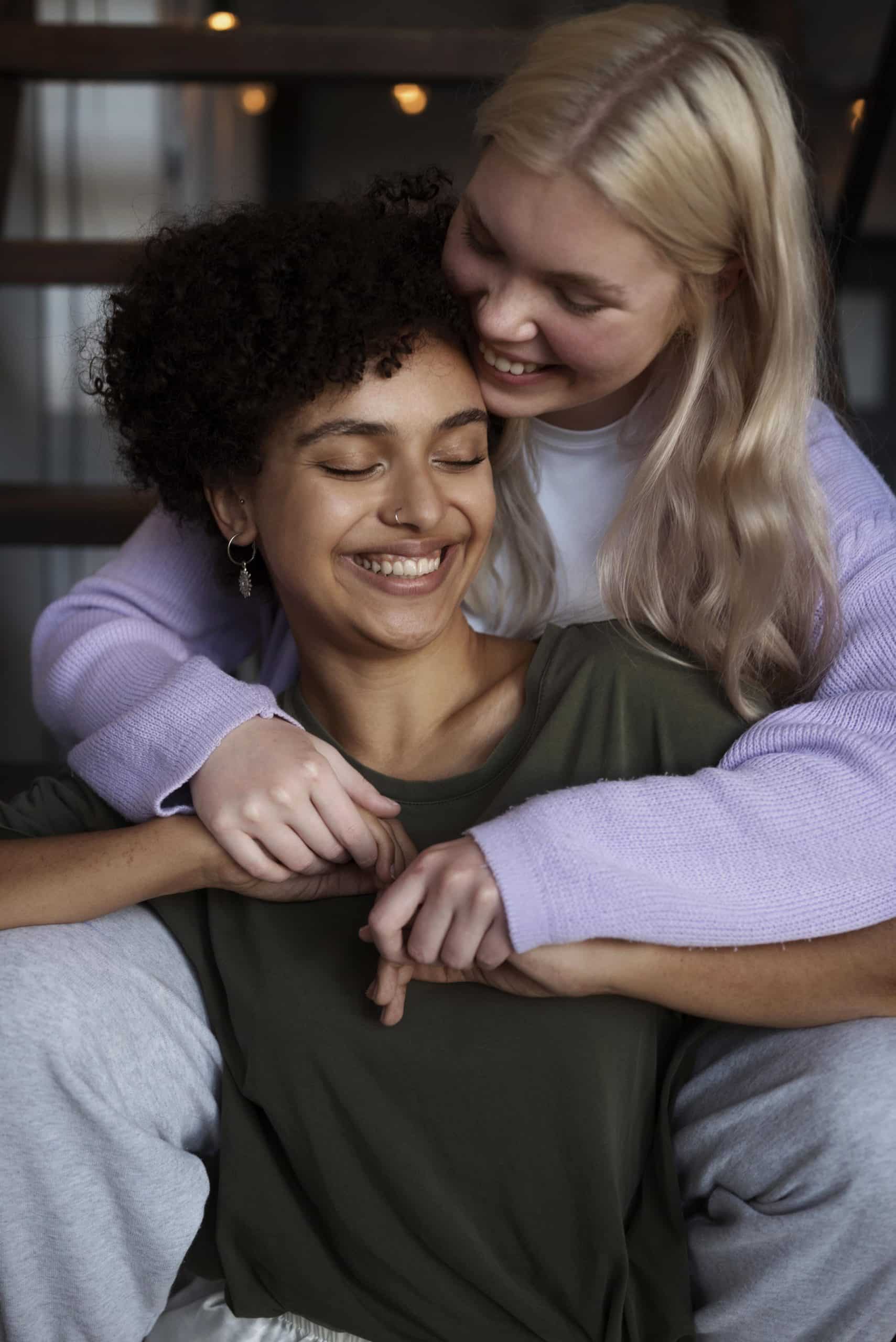Waiting for your first Singapore counselling session can be a nerve-racking experience. It is common to feel nervous, uncertain, and perhaps even apprehensive initially.
Clients who have previously gone for counselling, too, may find it tricky navigating the landscape as counselling sessions increasingly go virtual.
Thankfully, there are simple things you can do before your counselling session to help you feel prepared for the session.
This article covers what you can expect in your first counselling session, as well as some ways to prepare before the counselling session, be it in-person or online, so you can make the best of the one hour you have with your counsellor.
This Article Contains:
- What to Expect in the First Counselling Session
- How to Prepare for Counselling Sessions
- Manage Your Expectations
- Keep an Open Mind
- Put Your Mobile Phone Aside
- Complete Homework Beforehand
- Schedule Buffer Time After Each Session
- Things to Do Before Your First Counselling Session
- Choose a Safe, Private and Comfortable Space
- Use a Laptop
- Minimise Distractions
- Write Down Your Therapy Goals
- How to Make the Most of Your Therapy Sessions
- Reflect on What You Hope to Achieve
- Understand that Counselling is a Partnership
- Be Open to Exploring Your Thoughts and Feelings
- Be Ready to Share Your Emotions Openly
- Conclusion
What to Expect in the First Counselling Session
What exactly takes place in the first counselling session? Questions people often have include what types of questions the counsellor will ask, what kind of information will be required to share, and whether the sessions are confidential.
Before the first counselling session, you may be asked to complete an intake form (physically or online). An intake form typically requests basic information such as your name, contact number, and age group. There will also be a field for you to provide the name and phone number of a family member or friend who may be contacted in an emergency.
Finally, the intake form may ask for a brief description of the issue for which you would like to seek counselling.
At the start of your first counselling session, your counsellor will explain how counselling works, including the limits of confidentiality. Questions regarding scheduling, booking, and payment may also be clarified.
No two counselling sessions are the same. The types of questions asked may vary greatly from one counsellor to another based on their theoretical approach, background, and individual factors relating to each client.
For instance, some clients may feel nervous about being in counselling for the first time, while others may dive straight into their toughest emotional issues right from the start (eg feeling emotional all the time).
Your counsellor will likely want to get to know you better as a person. Generally speaking, some aspects that counsellors may be interested to find out more about include:
- Your past experiences of in-person and online counselling,
- The reason(s) you decided to seek counselling now
- Your family background
- How you hope counselling may be of help to you
Ask Questions
The first counselling session is also a chance for you to ask the counsellor any questions you may have and gauge if the counsellor is a good fit for you. It is okay to book sessions with a few different counsellors before deciding who you would like to work with.
It might take a few tries to find a counsellor you feel comfortable with. This is similar to making friends, where we may not feel equally comfortable or connected with each person.

How to Prepare for Counselling Sessions
Counselling sessions may be conducted in-person or online and involve an individual client, couple, or family member.
Couples may attend couples counselling, whereas families can go for family counselling in Singapore.
Online counselling can occur via video, audio, or text-based chat formats.
This section covers several suggested ways to prepare for each counselling session, regardless of the mode of counselling or whether it is an individual, couple, or family session.
The subsequent sections will introduce what you can do to make the most out of counselling sessions.
Some ways to prepare for all types of counselling sessions are:
Manage Your Expectations
Contrary to popular belief, a counsellor does not provide advice, solutions, or a ‘quick fix’.
A counsellor journeys with you and guides you to find answers for yourself.
Think about what you would like out of this particular counselling session.
Is there a specific event or issue you would like to talk about?
Are there any situations that have gotten better or worse recently? How did that happen?
Are you looking for a listening ear or a space to vent your frustrations?
Do you need to offload overwhelming emotions?
Do you feel sad for no reason?
Or perhaps you have a specific pre-set goal to move one step closer to.
The clearer you are about what you hope to achieve during the counselling session, the easier it will be for you to communicate your needs to the counsellor and for the counsellor to help you stay on track.
While there is no fixed rule on the number of counselling sessions an individual should have. It generally takes time for individuals to settle into therapy, discuss goals with their counsellor, and take steps to work towards them.
Be patient with yourself; habits and relational patterns built up over the years do not change overnight, but over time, persistence, and much practice, significant progress can be made.
Pat yourself on the back for having the courage to book your first counselling session; that is a huge step forward!
Keep an Open Mind
Counselling sessions often reveal insights about ourselves in ways that we may not have expected.
Be honest with yourself. Keeping an open mind invites new ideas, possibilities and experiences, which help to foster self-growth.
Some people find it helpful to jot down new perspectives that they would like to spend more time thinking about during or after the counselling session.
Put Your Mobile Phone Aside
Mobile phones are a great distraction in counselling sessions.
Switch your phone to silent mode, or turn it off completely for an hour.
You May Like Reading: Social Media & Mental Health: How Is It Connected?
Also, ensure that your phone is on silent mode. The buzzing from your phone’s notifications can disturb the counselling session.
Even without notifications, it can be tempting to glance at your phone screen occasionally out of habit.
It may be helpful to place your phone out of sight, such as in your bag, or face down on a table.
You will likely gain more from your counselling session if your attention isn’t divided between the conversation with your counsellor and your phone.

Complete Homework Beforehand
Counsellors often assign homework to be done in between counselling sessions.
Homework helps to keep you on track towards your goal and allows you to apply your learning to your daily life in concrete ways or prepare for your next counselling session.
Your counsellor in Singapore will likely want to discuss the homework with you and any progress and challenges you may have experienced along the way.
Schedule Buffer Time After Each Session
Counselling sessions can be emotionally draining at times.
Contrary to popular belief, it is not the counsellor who does the bulk of the work that results in progress for the client, but the client themselves.
As clients become more aware of their thoughts, feelings, and patterns of behaviour in therapy, new perspectives and insights about themselves often surface.
Give yourself some time to recoup after each counselling session and gather your thoughts instead of proceeding straight into the next item in your schedule on autopilot.
Some people also find it helpful to consolidate their learning from the session.
Crying in therapy sessions is also more common than one might think, meaning that you might want to set aside some time to compose yourself before that next meeting or activity.
Things to Do Before Your First Counselling Session
This section talks about things to do before your first counselling session.
These include:
Choose a Safe, Private and Comfortable Space
Choose a physical space where you will not be interrupted by other people and where others are unable to overhear the conversation with your counsellor.
For instance, if you plan to attend your online counselling session from home, you may wish to situate yourself in a room where other family members and children will not need to enter or retrieve things from midway.
This could be your bedroom or a study room, with the door locked if necessary.
For the duration of the session, to ensure that you are free of any distractions and interruptions, you may also wish to put your phone on silent mode and away from view and take care of any work or family responsibilities (to the extent possible).
Once you have decided on the location from which to attend your counselling session, prepare any items you might need to keep yourself comfortable for the next hour or so.
This could include your favourite cup of tea or some water, throw pillows, a sweater or shawl, a pen and paper to take notes with, and a box of tissues.
Also, consider the temperature at which you are most comfortable and the lighting in the room; some people prefer being near the heater or air conditioner and using a table lamp, while others enjoy fresh air and natural light from a window.
Use a Laptop
We recommend using a laptop rather than a mobile phone or tablet for your online counselling session. Hence, the call is more likely to continue smoothly, as the connection is usually stable, and the battery is likely to last longer.
See: What Does Your iPhone Say About You?
In addition, video and audio calls quickly drain the battery of devices. It may be a good idea to keep your device attached to a power cord and ensure it is charging.
This helps to avoid the unwelcome situation of being interrupted in the middle of your online counselling session by a warning notification for low battery, or worse, a disruption because your device has run out of battery completely.
Minimise Distractions
Switching between various tasks during your online counselling session is not just disruptive; it can be tiring and disorienting.
Imagine trying to answer a question from your counsellor while a notification from social media pops up with the latest scoop on your favourite celebrity.
Aside from the typical distractions from notifications on a device, an often overlooked form of distraction comes from people sharing the same physical space as you, such as other household members or housemates.
Minimise distractions that may interrupt the flow of your online counselling session.
Examples of the steps you can take include:
- Close all other tabs, windows, and other programmes on your laptop or mobile phone.
- Put your mobile phone on silent mode or switch it off.
- If you plan to attend the counselling session using your mobile phone, turn off all notifications from messaging apps and social media.
- Where possible, reduce distracting sounds, such as a television that is switched on in another room.
- Use earphones or headphones to block out distracting sounds if necessary.
- Ensure that no one walks into the room you are using.
- Inform others at home that you will be busy for an hour or so at a specified time, and request that they do not knock on your door unless it is an emergency.
- Opt for an alternative venue if your home has too many distractions.
The above are some steps to help you avoid distractions during online counselling in Singapore.
Rest assured, during in-person counselling sessions, your counsellor will make sure to keep the therapy room as minimal as possible to avoid distractions.
Write Down Your Therapy Goals
When you start counselling for the first time, your counsellor may ask why you seek professional help.
Your therapy goals can help your counsellor build a personalised therapeutic plan.
Think about what sort of daily issues you face, what makes you upset, negative thoughts you observe frequently, or situations causing stress (eg work-related stress and burnout).
You do not have to list everything perfectly; a basic idea of what you want to overcome or solve would suffice.
Below is an easy step-by-step guide to figuring out your therapy goals:
- Allot minimal time (5-10 minutes) to discuss your therapy goals.
- Find a quiet and comfortable spot where you can concentrate without any distractions.
- Think about your past, your present emotions, and your future goals.
- Create two lists: one for your issues and the other one for your goals.
- Finally, write about what’s stopping you from feeling positive right now.
However, don’t worry too much if you can’t make a list. Therapy in Singapore is an ongoing and exploratory process – you will eventually find it easier to set objective goals.

How to Make the Most of Your Therapy Sessions
Individual counselling, as the name suggests, involves one client.
It is important to have an honest discussion with yourself when considering whether to sign up for individual counselling sessions.
Here are a few considerations to take note of when preparing for an individual counselling session:
Reflect on What You Hope to Achieve
You may have various reasons for wanting to sign up for individual counselling in Singapore.
What are some of your reasons?
Reflect on this prior to your first individual counselling session.
Being honest with yourself helps to paint a clearer picture of how therapy sessions may be helpful for you and provides indicators of when it may be suitable for you to conclude your counselling journey.
Some people find it beneficial to write these reasons down beforehand, as it is common to feel nervous or awkward at the start of your first individual counselling session.
Understand that Counselling is a Partnership
When sharing about one’s personal difficulties with those close to us, such as friends and family, it is natural for the ones listening to sometimes offer advice or make judgements based on their own perspectives.
Individual counselling, in contrast, is not about receiving advice or being judged; the counsellor is neither an advisor nor a critic.
Clients may sometimes feel that they have to prepare to ‘defend their case’ as they would in a conversation with others. This could not be further from what actually takes place in individual counselling sessions.
A counsellor works with you towards your goals, which often include uncovering unhelpful patterns of thinking and behaviour and learning to navigate your emotions and decisions in healthier ways.
Be Open to Exploring Your Thoughts and Feelings
Preparing yourself emotionally includes being ready to explore thoughts or feelings that may be uncomfortable for you to acknowledge.
Therapy is a safe place for these explorations to take place.
When you are sharing your thoughts or emotions, keep an open mind, and remember that it is a process of discovery and understanding, just as much as it is about healing.
While avoiding certain topics may be tempting or even habitual, try putting that aside and focusing on your feelings or thoughts as you share.
However, it is completely okay to take your time to open up. Your counsellor will work with you to make you feel safer.
The only thing you may have to do is participate actively from your side and show your complete willingness to improve your wellbeing!
Be Ready to Share Your Emotions Openly
As individual counselling progresses, different emotions tend to surface, which the counsellor will likely ask you about.
Be prepared to share how you feel about certain things.
If your past experiences have been largely focused on suppressing your emotions or not understanding them, then exploring your feelings, fears, hopes, and motivations could uncover new insights for you.
Conclusion
Preparing for your counselling session can help reduce nervousness or uncertainty in the time leading up to the session.
It also helps you to make the most of your counselling session.
Therefore, thinking about how you may prepare yourself emotionally before each counselling session can be useful.
Online counselling sessions should be attended from a private space that allows you to feel physically and emotionally safe.
Making simple arrangements beforehand can greatly reduce unnecessary distractions and technical interruptions, allowing you to remain focused and get the most out of your online counselling session.
Aside from the methods listed above, you may also wish to ask your counsellor if there is anything specific they would like you to prepare or think about in the time between counselling sessions.
Visit our Singapore counselling page to read more about our counselling services!








